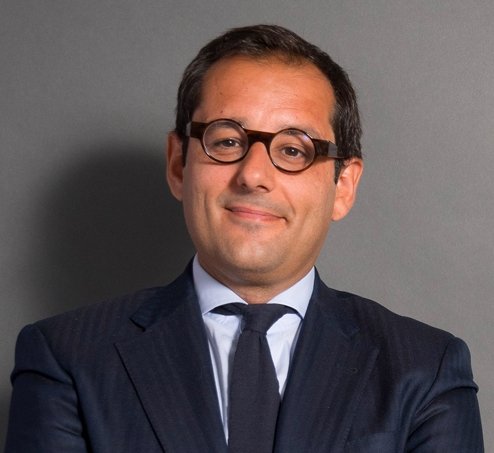Bird & Bird analyses the legal aspects of eSports sponsorship

As the eSports sector grows, brands’ sponsorship agreements to sports teams and leagues are becoming more frequent
Legal protection is key in these cases, according to Bird & Bird, due to the dynamic and global nature of this industry and the lack of a specific legal framework

The growth of the eSports industry seems to have no brake. Globally, the ‘Electronic Sports’ is expected to exceed $1 billion in revenue this year; regarding Spain, it is estimated that they have an audience of 5.5 million users. With these figures, it is not surprising the particularly high moment that goes through the sponsorship of eSports, where clubs, players and leagues are a magnet for brands. More brands not traditionally related to the sector are committed to the sponsorship of eSports, a sector for which, given its novelty, there is not yet a specific legal framework in Spain.
According to Bird & Bird, an international law firm with experience in this type of matters, there are some aspects that companies should look carefully regarding eSports sponsorship contracts.
Protection against a changing industry
The dynamic nature of the world of electronic sports makes it present interesting opportunities as well as challenges. “The lists of teams are modified frequently, franchise players change teams on short notice, the winning team of one season could descend the next or may change the league and even the structures of these championships can also vary from one season to other”, explains Alberto Rodríguez, lawyer at Bird & Bird.
Importance of image rights
It is not uncommon for sponsorship contracts to imply an assignment of image rights, which adds an additional derivative to the already complex sponsorship agreements. It is essential that the parties to the contract analyze in advance the positive aspects of their respective rights (image rights of the sponsor and the sponsor’s brands), thus avoiding the conclusion of contracts that subsequently cannot comply with the consequent penalties.
“Electronic sports are a global phenomenon that involves a large number of different operators (such as publishers, leagues, teams and players) so it is essential that the sponsor ensures the full availability of image rights. In the same way, the sponsor must ensure that the sponsoring brand has a sufficient level of protection and does not violate the rights of third parties, since otherwise the sponsor could incur responsibilities towards third parties, “says Lourdes Ayala, head of the Corporate Law practice at the firm. For all these reasons, Ayala explains, “in such a complex world it is crucial that both conduct a prior due diligence on the aforementioned rights of the other party.”
Brand reputation, a critical aspect
Esports are rapidly becoming professional, however, given their global nature, as well as the level of activity (relatively autonomous) of players in online media, incidents that damage the sponsor’s reputation can sometimes occur. The sponsors must be aware of the reputational damage that their actions can inflict on the brand, hence it is essential that the contracts address situations of reputational crisis in the most efficient and agile way possible.
The importance of the agreement
The last step in signing the sponsorship contract is to ensure that it is properly documented. With the increase in sponsorship values in the esports sector and contracts that range from a single season to four or five, it has never been more important to ensure that the agreements reached at a meeting or by email are formalized with every detail, according to Bird & Bird. In this way, both rights holders and sponsors can establish lasting relationships and take full advantage of the enormous opportunities offered by the electronic sports industry.
“As the eSports continue their exponential growth in Spain, the legal framework must evolve and adapt to the particularities of this sector to ensure maximum legal certainty for all players. We have the precedents of more mature markets such as South Korea or France”, explains Alberto Rodríguez.












